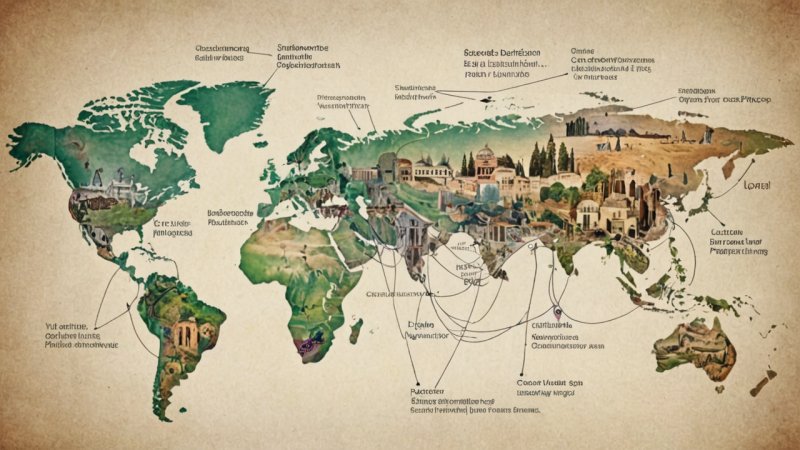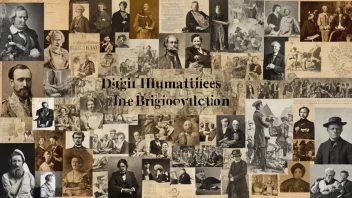As the world faces an array of daunting challenges, from climate crises to social inequality, the importance of the humanities cannot be overstated. The humanities encompass a range of disciplines, including history, literature, philosophy, and the arts, all of which help us understand the complexities of human behavior and societal structures. These fields of study provide critical insights that are essential for addressing global issues effectively and humanely.
One of the most significant contributions of the humanities is their ability to foster empathy and cultural understanding. Through literature and art, we can gain insight into the experiences of individuals and communities from diverse backgrounds. When we read a novel about a refugee’s journey or view an artwork depicting social injustice, we engage with perspectives that may be vastly different from our own. This engagement encourages a deeper understanding of the human condition and cultivates compassion, which is vital for addressing issues like migration and poverty.
Furthermore, the humanities encourage critical thinking and ethical reasoning. Philosophical inquiry challenges us to consider moral implications of our actions and the policies we support. For instance, debates surrounding climate change often raise questions about our ethical obligations to future generations and the planet. By engaging with these questions, individuals can develop a sense of responsibility and advocacy for sustainable practices that benefit both present and future populations.
Historical analysis also plays a crucial role in understanding contemporary global challenges. By studying past events, we can identify the roots of current issues and avoid repeating mistakes. For example, the lessons learned from historical instances of public health crises, such as the 1918 influenza pandemic, can inform current responses to global health challenges like COVID-19. Understanding the social, political, and economic contexts that shaped historical events equips us with knowledge to navigate today’s complexities.
Additionally, the humanities promote dialogue and collaboration across disciplines. Addressing global challenges often requires interdisciplinary approaches that bring together scientific, social, and cultural perspectives. For example, tackling climate change involves not only environmental science but also understanding cultural attitudes and behaviors toward nature. The humanities can bridge gaps between different fields, fostering holistic approaches to problem-solving.
In education, emphasizing the humanities can cultivate a generation of critical thinkers who are equipped to engage with global challenges. Programs that integrate the humanities into STEM (Science, Technology, Engineering, and Mathematics) education encourage students to think about the societal implications of technological advancements. This interdisciplinary approach prepares students to innovate responsibly and consider the broader impacts of their work.
In summary, the humanities provide essential tools for understanding and addressing global challenges. They foster empathy, encourage ethical reasoning, and promote interdisciplinary collaboration. As we confront complex issues in an interconnected world, the insights from the humanities will be vital in guiding our responses and shaping a more just and equitable future.
The Role of Humanities in Global Solutions
Exploring the critical role of the humanities in addressing global challenges such as climate crises and social inequality.






